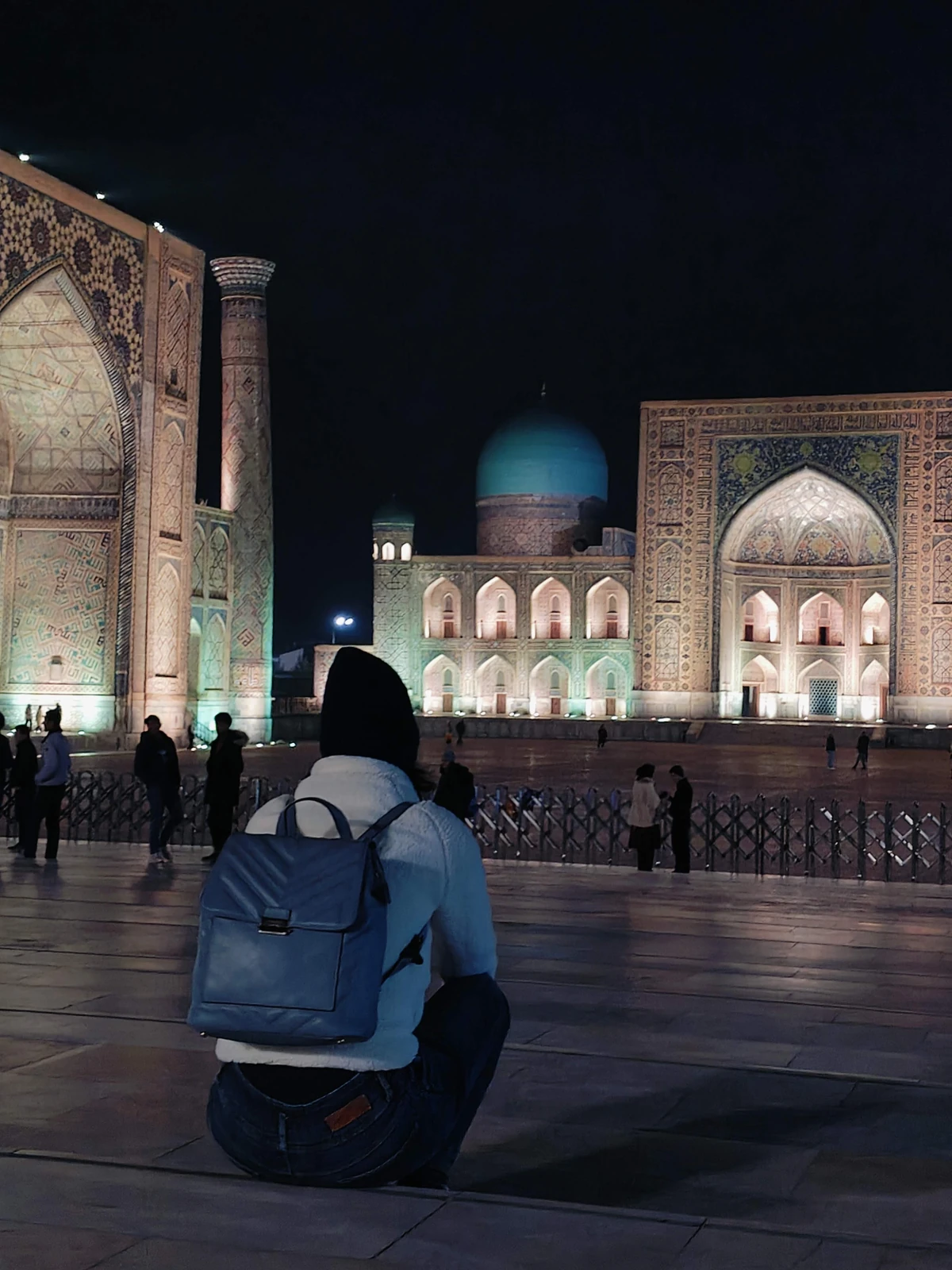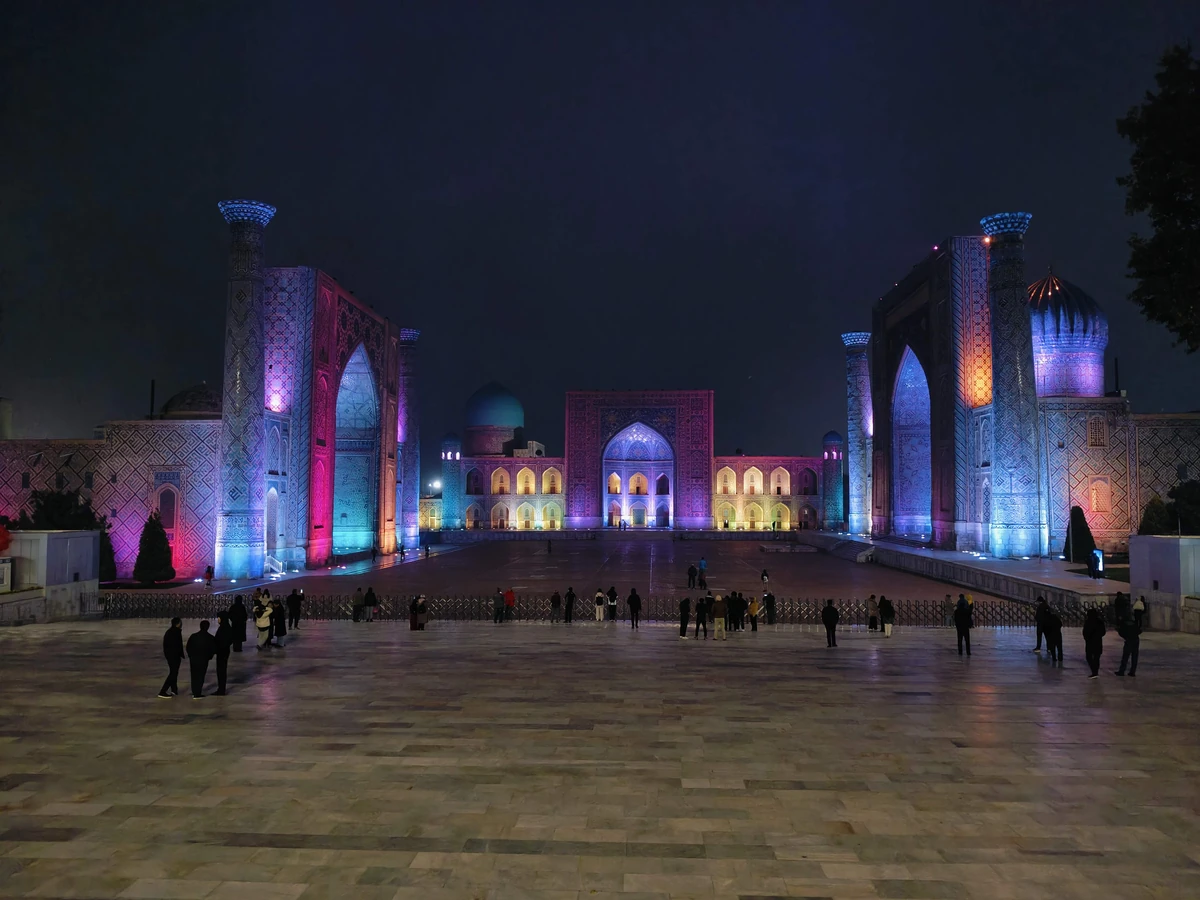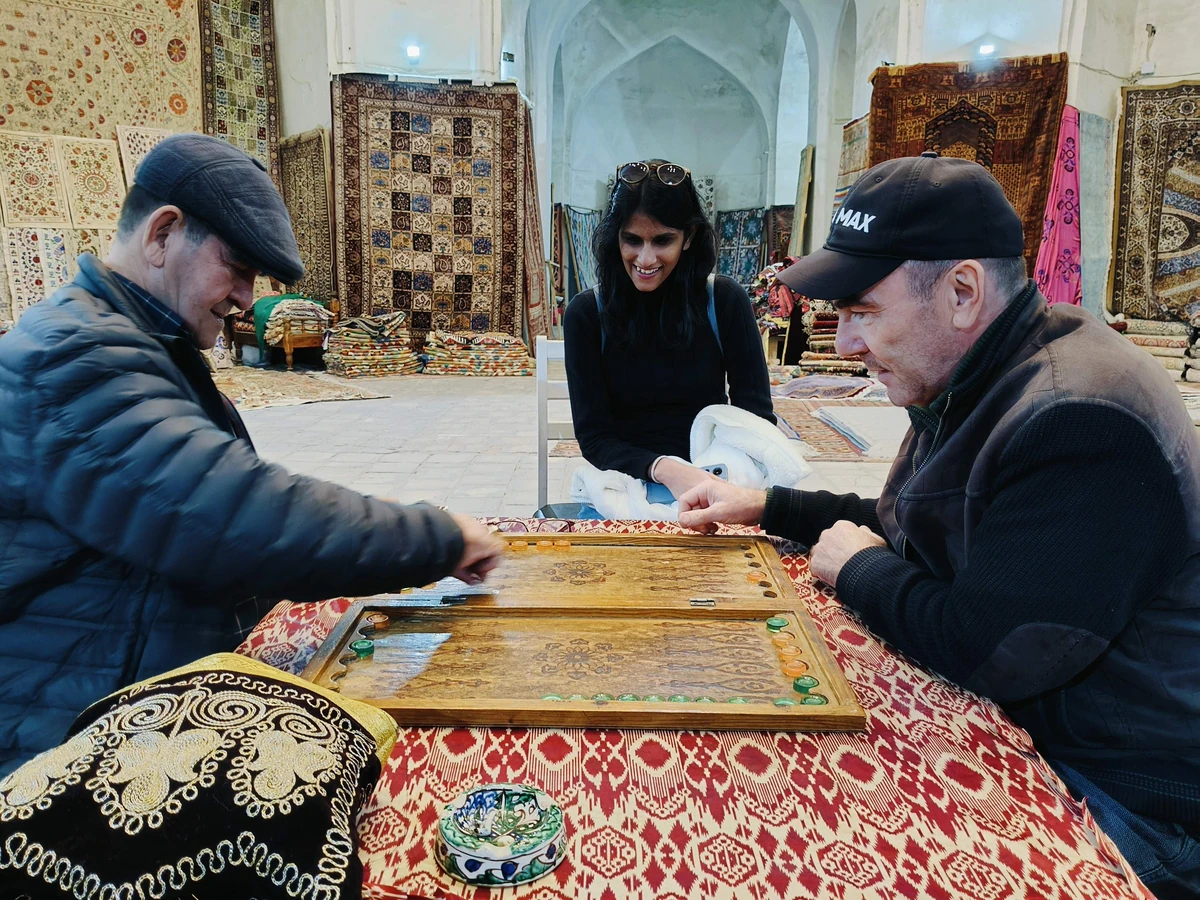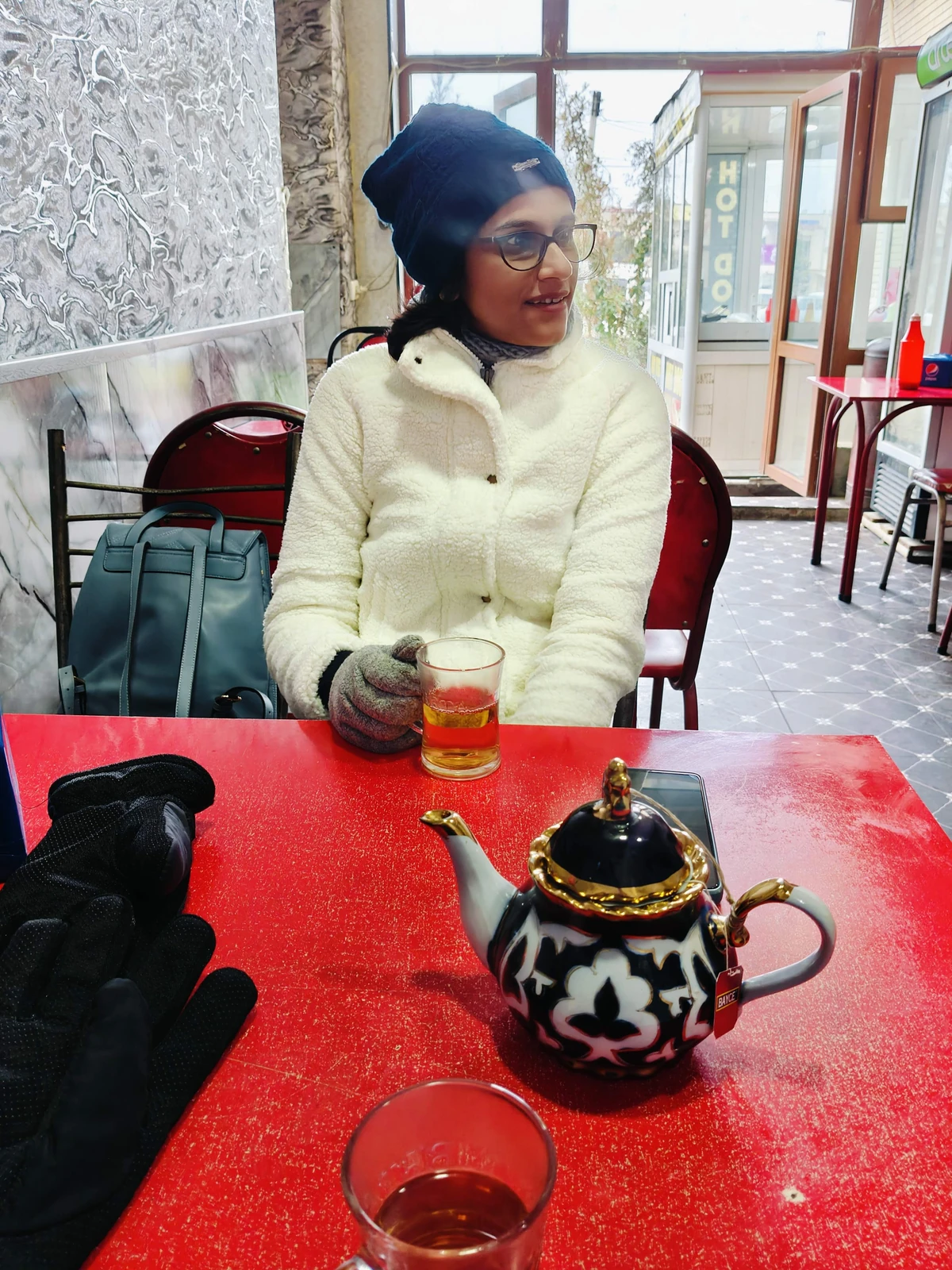Why We Prefer Relatively Slow Travel

We are relatively slow travelers. What that means is that we do not rush through an entire country in a limited number of days. Rather, we spend extended time on specific events or experiences while traveling that we really enjoy.
What Is Slow Travel?
The concept of slow travel isn't about the speed at which you move from place to place—it's about the depth of your experience. While our jobs don't allow us to take month-long breaks, we definitely spend more than the average amount of time per city or country. This approach allows us to immerse ourselves more fully in local cultures, discover hidden gems, and create meaningful connections that simply aren't possible when rushing through a checklist of tourist attractions.
We absolutely never go on group tours. The fundamental style of traveling in a tour group is very different from how we want to travel. Tour groups typically focus on ensuring all points of interest in a city or country are covered, while that is not our aim at all. We fundamentally don't mind missing a few places as long as we truly immerse ourselves in experiencing where we are in a deep and meaningful manner.
Magical Moments in Samarkand

A perfect example of our approach is our visit to Registan Square in Uzbekistan. While most tourists spend an hour or two there before moving on to the next attraction, we visited this stunning architectural marvel on all four days during our time in Samarkand. Were there other places in Samarkand we missed because of this choice? Absolutely. But the level of happiness and the depth of experiences we gained was unparalleled.
On one of those days, some local schoolchildren approached us to practice their English, eventually gifting us handmade souvenirs as a thank you. On another day, we were spontaneously invited to join a dance circle formed by a group of friends celebrating in the square. These are exactly the types of authentic, unplanned moments that make travel meaningful—and they're precisely the experiences we would have missed if we had only allocated the standard hour or two that most tours provide.
Unexpected Connections

Our slow travel approach even caught the attention of a German travel magazine, whose staff had noticed us appearing at multiple tourist spots across the city over several days. They were intrigued enough by our unhurried approach to interview us for a feature.
In Bukhara, another historic city in Uzbekistan, we spent about half an hour watching two elderly men play backgammon. They warmly invited us to observe their game and patiently explained the rules to us. This simple interaction became one of our core memories from the entire trip—a genuine cultural exchange that never would have happened if we were rushing to the next item on an itinerary.
Revisiting Favorites
Our slow travel philosophy extends to other destinations as well. We spent about twelve days in Dubai, while most visitors complete their tour in about five. During our extended stay, we actually visited the Burj Khalifa four separate times because we so thoroughly enjoyed both the experience of the tower itself and the spectacular Dubai fountain show at its base.
Embracing Local Culture

Spending more time in individual places helps us really understand and appreciate the local nuances that would be missed in a more rushed itinerary focused on checking attractions off a list. In Vietnam, we spent hours in local eateries enjoying bánh mì, and in Uzbekistan, we embraced the tea culture. Rather than following the recommendations of top food blogs, we discovered our own favorite spots by having the time to explore and experiment.
In Sikkim, we stayed in the traditional house of a local woman in Yumthang - ate homecooked meals, spent hours talking to her about her day-to-day life, and truly understanding how the folks there survive in sub zero temperatures.
Final Thoughts
The beauty of slow travel lies in its unpredictability and authenticity. When you give yourself permission to linger, to return to places that move you, and to prioritize depth over breadth, travel becomes transformative rather than merely recreational. You bring home not just photographs of landmarks, but stories of meaningful human connections and a deeper understanding of different ways of life.
So while we may see fewer countries in a year than some of our friends, we believe we truly see more of the places we do visit. For us, that's what makes travel worthwhile.
Comments
Thank You!
Your comment has been posted successfully.